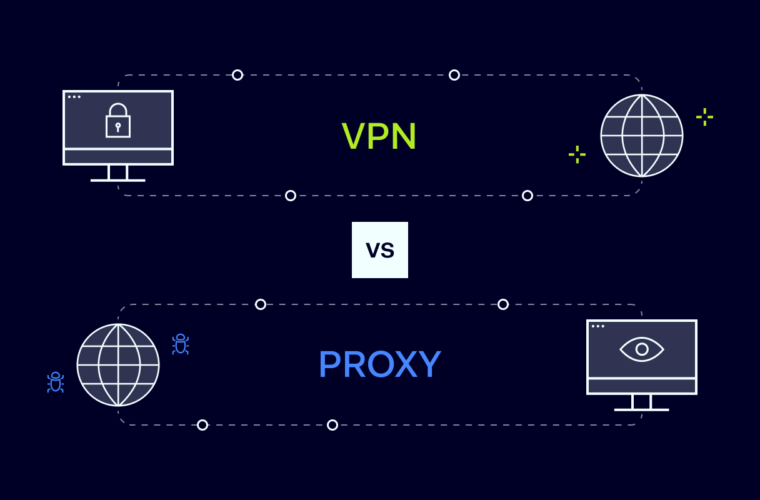In today’s digital age, where data breaches and cyber threats lurk around every virtual corner, a Virtual Private Network has transitioned from a luxury to a necessity for individuals concerned with safeguarding their online privacy. If you recall from our earlier piece, a VPN serves as a virtual barrier, scrambling your internet data and masking your web actions from prying eyes. However, this shield does not guarantee 100% efficacy. It’s imperative that users understand the complexities of its security to ensure their digital footprint remains protected.
The fundamental premise of a VPN is to offer users anonymity by rerouting their internet connection through servers around the globeThis rerouting aims to obscure user activities, rendering them invisible to onlookers. But is the invisibility cloak provided by your VPN impenetrable, or is it merely a translucent veil?
Detecting data leaks
A myriad of factors can influence the performance of your VPN, potentially leading to inadvertent data leaks. For users who handle sensitive information or are susceptible to targeted cyber threats, even a minuscule breach in their VPN’s defence mechanism can have profound consequences.
The most common types of data that can be exposed include the actual IP address, the DNS queries that reveal the websites you visit, your geographic location or the WebRTC information that could disclose your real identity.
Testing your VPN’s integrity
Fortunately, regular users do not require advanced technical expertise to evaluate the security of their VPN. With various user-friendly online tools at their disposal, they can perform comprehensive checks with minimal effort. By utilizing services such as DNSleaktest, Ipleak, or BrowserLeaks, individuals can swiftly determine if their VPN is leaking their IP or DNS information.
A notable pitfall in browser security is that WebRTC leaks can occur independently of the VPN being used. WebRTC leaks are a major security concern in using WebRTC to communicate. They occur when unintentional disclosure of IP addresses happens through web browsers, potentially revealing personally identifiable information such as IP addresses, DNS requests, and IP-based geolocations. Users should proactively disable WebRTC or opt for a VPN with built-in protection against such leaks.
Seeking Out Top-Tier VPN Services for Enhanced Security
Choose the ideal VPN service with care, as it is a critical task. It is vital to opt for providers known for their solid security infrastructure, such as Surfshark, NordVPN, Proton VPN or Bitdefender Premium. These elite services are designed precisely to forge secure channels that render your IP address, DNS requests, and all confidential information thoroughly protected.
At 4imag, we’ve previously provided a detailed exploration of selecting the perfect VPN, and for further guidance, we encourage you to review our carefully compiled Top 10 VPN list.
Elevating your VPN experience to new heights of security
Fortifying your Virtual Private Network is critical to safeguarding your online identity and activities. This involves the meticulous selection of a trusted VPN provider and the implementation of industry-leading practices to solidify your defence.
Consistently checking that your VPN successfully obscures your IP address should become second nature. Integrate routine inspections for DNS and WebRTC leaks into your online security protocol to prevent potential exposure of your digital dealings. Encountering such vulnerabilities necessitates immediate action—whether that means transitioning to a more secure VPN provider, revising your browser settings for enhanced security, or altering your DNS servers to close any security gaps.
Combine your VPN with privacy-focused browsers or tools like Tor to add another dimension to your digital privacy. This reinforces your anonymity online, creating a double-layered shield of privacy. Moreover, integrating browser extensions designed to defend your location information, such as HTTPS Everywhere or Privacy Badger, can provide an additional safeguard against unauthorized access.
Embracing secure email services like ProtonMail can be a game-changer, offering end-to-end encrypted email communication. When paired with their exclusive VPN service, you create a fortified ecosystem for all your digital interactions.
Through the careful implementation of these tactics, you transform your VPN into a bastion of security, shielding you from the vast array of cyber hazards and guaranteeing that your online life remains safeguarded and confidential. Consistent awareness and preemptive actions are the cornerstones of keeping your sensitive data enveloped in the protective embrace of encryption, out of reach from the prying eyes of the online world.



